A compilation of politicians with DUI incidents highlights the paradoxical nature of advocating for stringent drunk driving laws while engaging in such behavior. Despite their support for harsh penalties, these officials face DUI charges, exposing hypocrisy. The list includes senators and assemblymembers, questioning the credibility of their commitment to public safety. The prevalence of such incidents raises concerns about famous politicians arrested for DUIs, those with lenient punishments, and those allegedly using political influence to escape justice, marking a recurring issue distinct from celebrity DUI cases.
Marion Barry
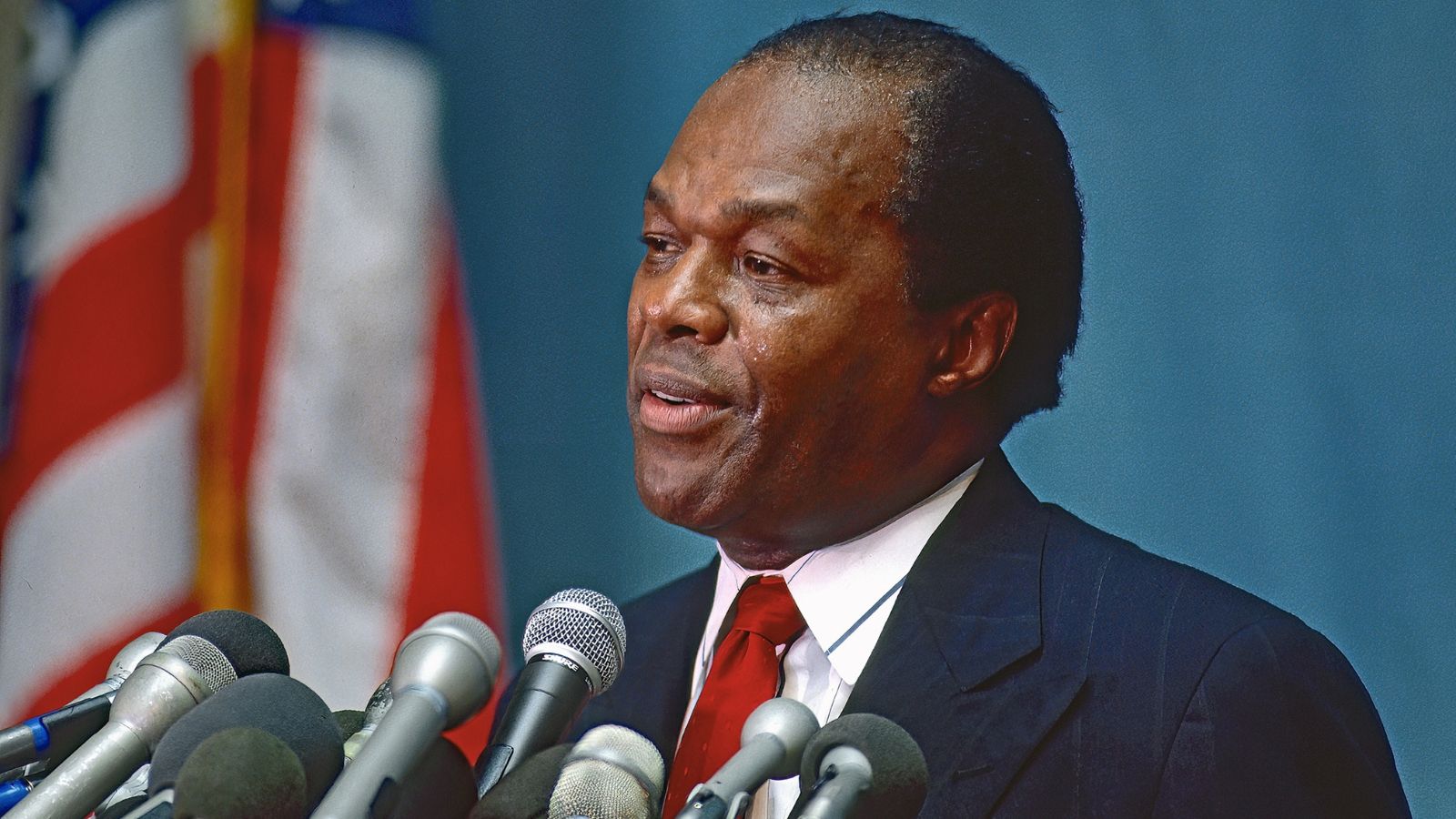
Editorial credit: mark reinstein / Shutterstock.c
In the spotlight for a high-profile drug arrest, the former DC Mayor served a six-month prison sentence. Years later, another arrest for DUI followed. Still, he escaped all charges as the police failed to substantiate that his erratic behavior stemmed from alcohol rather than old age. This sequence of legal entanglements underscores the complexities surrounding public figures and their encounters with the law, prompting questions about accountability and the challenges of proving specific circumstances in legal proceedings.
Russ Decker

Editorial credit: Delaywaves / Wikimedia Commons /CC BY 2.0
In 2003, Wisconsin State Senator Russ Decker cast his vote in favor of a law that reduced the legal blood alcohol limit from 0.10 to 0.08. Interestingly, two years later, he found himself in a precarious situation when pulled over for drunk driving. Surprisingly, Decker blew a 0.09 on the breathalyzer test, revealing an apparent inconsistency in his previous advocacy for stricter alcohol limits. This prompted scrutiny of public figures and their commitment to legislative principles.
Jon Karamatsu

Editorial credit: Paul Biryukov / Shutterstock.
After colliding with a concrete pillar, Jon Karamatsu, the Vice Speaker in the House of Representatives in Hawaii, faced a subsequent arrest for drunk driving. Consequently, he opted to resign from his position. Karamatsu later attempted a political comeback despite this setback by running for lieutenant governor, securing a sixth-place finish in the elections. The incident and subsequent political choices highlight public figures’ challenges in rebuilding their image and regaining public trust. Hawaii News Now reports further into Karamatsu’s DUI.
Curry Todd

Editorial credit: Sean Braisted / Wikimedia Commons /CC BY 2.0
On October 11, 2011, Todd encountered legal trouble, getting arrested for driving under alcohol influence and facing gun charges due to a loaded handgun in his car. Despite undergoing a field sobriety test, he refused a breathalyzer test. Interestingly, Todd, previously sponsoring a bill allowing non-drinkers to carry guns in alcohol-serving places, relinquished his State and Local Government Committee chairmanship post-charges. Eventually, on January 18, 2013, he pleaded guilty to DUI and possessing a gun while intoxicated, resulting in a two-day jail sentence. Ballotpedia jumps further into Todd’s arrest.
Naomi Gonzalez

Editorial credit: Panumas Yanuthai / Shutterstock.
In the early hours of March 14, 2013, Gonzalez faced charges of driving while intoxicated after a car accident involving another vehicle and a bicycle. Addressing the March 18, 2013 incident, she apologized during a House floor speech, expressing deep remorse and acknowledging the shame brought upon her district and the House. Post-speech, legislators applauded and offered a standing ovation. Gonzalez, reportedly with a blood-alcohol level twice the legal limit, was later named one of the 10 worst legislators in 2013 by Texas Monthly. On May 2, 2014, she received a 15-day jail sentence after pleading no contest to the charge.
Kumar P. Barve
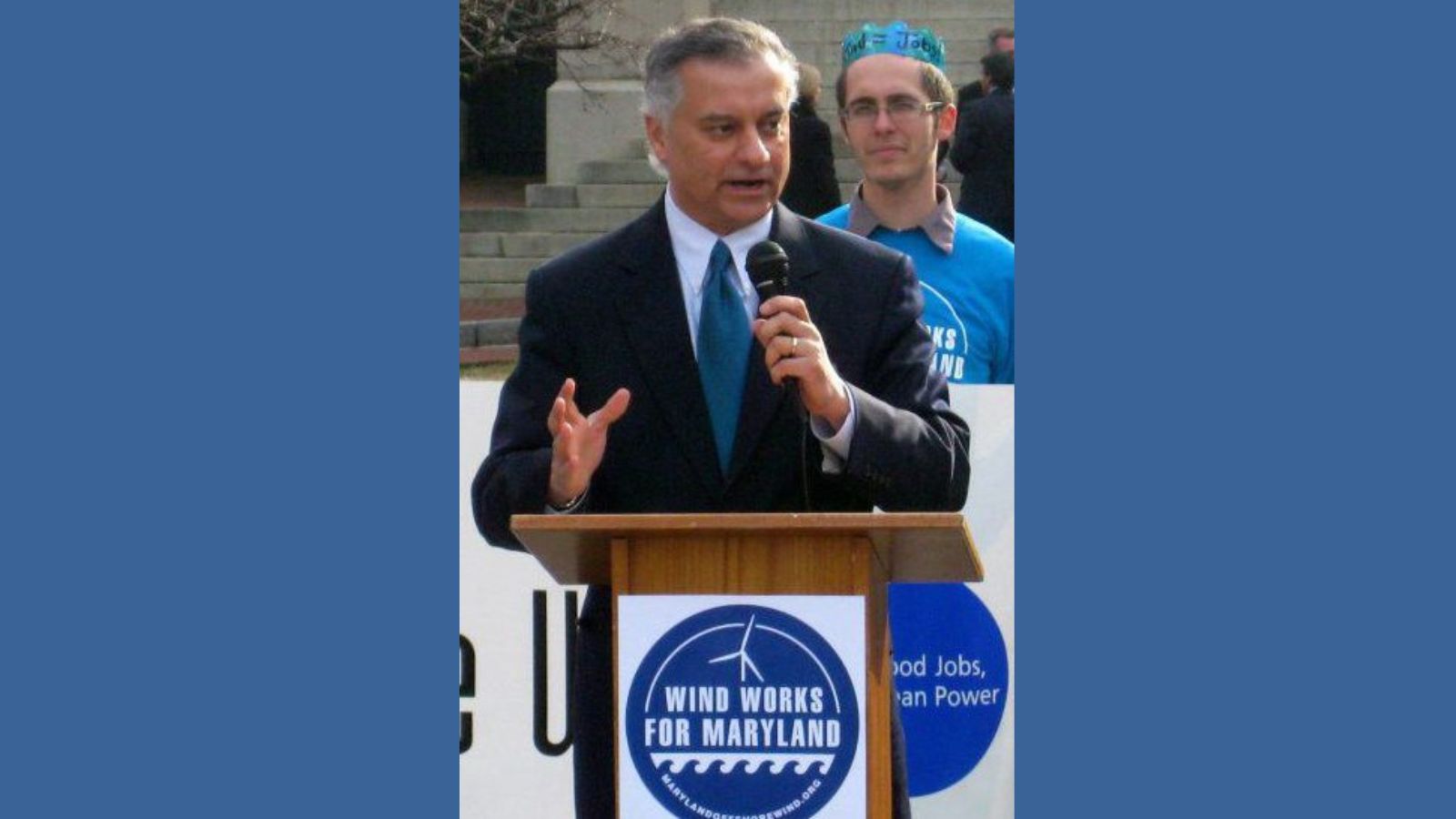
Editorial credit: MdDeptVitalStatistics / Wikimedia Commons /CC BY-SA 3.0
Towards the end of 2007, Kumar Barve, serving as a Maryland Delegate, found himself entangled in a DUI arrest. Acknowledging the charges, he pleaded guilty, leading to a penalty involving probation and a fine amounting to $200. The incident prompts contemplation on the legal repercussions public figures face for such offenses, with the focus shifting towards the balance between personal accountability and the expectations placed on individuals in positions of shared responsibility.
Ted Vick

Editorial credit: SynthEx / Shutterstock.
In Columbia, SC, on May 23, 2012, Vick faced legal consequences, getting arrested for speeding, DUI, and unlawfully carrying a gun. The police apprehended him during a speeding stop when he declined a breathalyzer test. Notably, Vick had a 21-year-old University of South Carolina student in the car, adding a concerning dimension to the incident.
Tom Rukavina
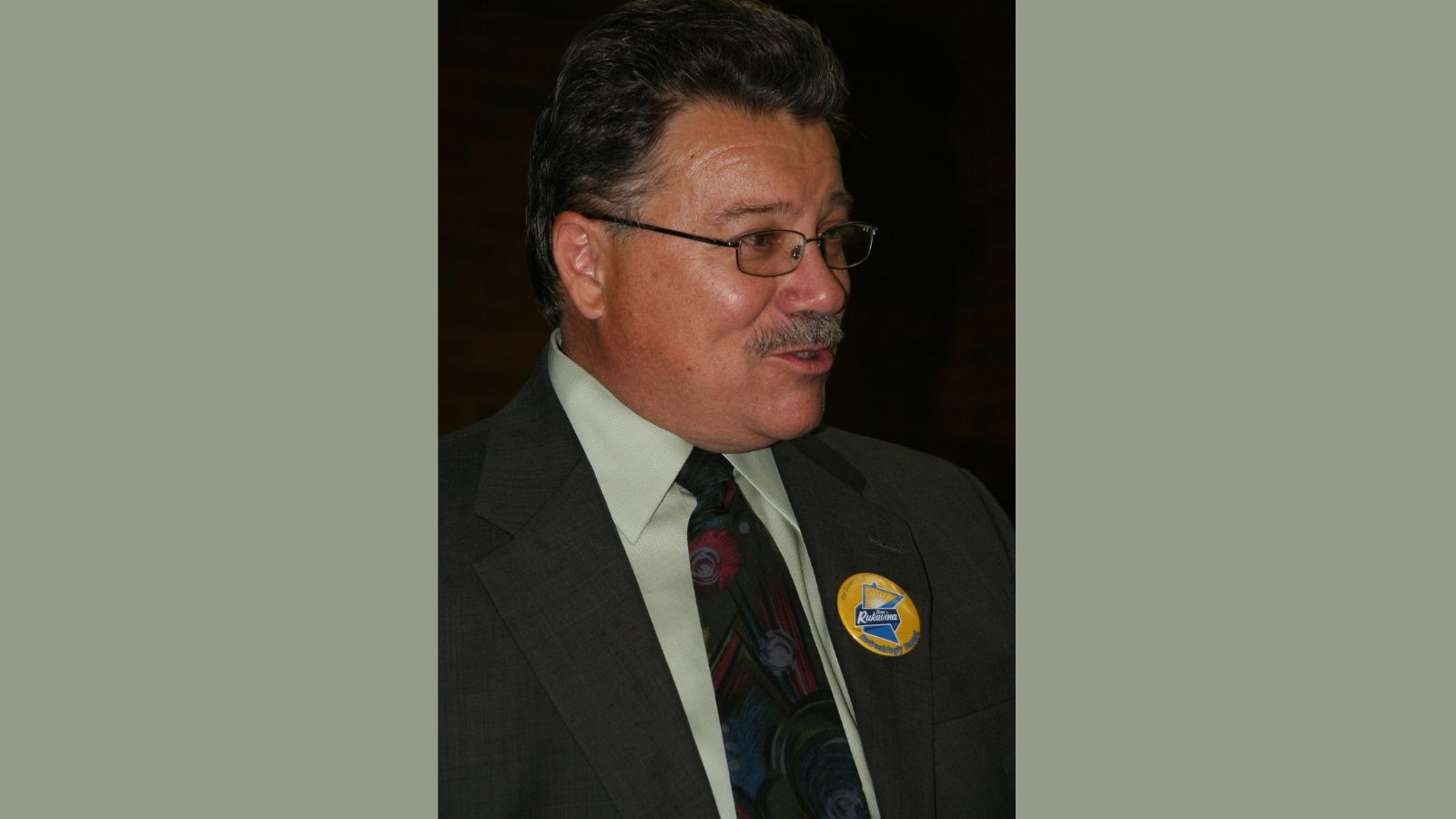
Editorial credit: Jonathunder / Wikimedia Commons /CC BY-SA 3.0
In the year 2004, Minnesota State Representative Tom Rukavina found himself arrested for erratic driving, coupled with a notable blood alcohol level of 0.15%. In response to this incident, Rukavina publicly apologized to the constituents of his district, acknowledging the severity of the situation. Such events raise concerns about the conduct and accountability of public officials, prompting reflection on the expectations placed upon elected representatives and the impact of their actions on public trust.
Joseph D. Kernan

Editorial credit: Elle Aon/ Shutterstock.
Joseph Kernan, who served as the Mayor of Norton, Ohio, resigned following an arrest for Operating a Vehicle While Intoxicated (OVI). His blood alcohol level of .17 on St. Patrick’s Day exceeded the legal limit of 0.08. Despite being in his car with the keys in the ignition, he was not driving and was found unconscious. Ballotpedia compiles a list of US politicians involved in DUI incidents, shedding light on the prevalence of such cases among public figures.
Gene Suellentrop

Editorial credit: Ayman alakhras / Shutterstock.
On March 16, 2021, Suellentrop faced arrest by Capitol Police, a segment of the Kansas Highway Patrol, for driving in the wrong direction on the interstate, prompting a brief law enforcement pursuit. As indicated by a Kansas Highway Patrol spokesperson, Shawnee County Judge Penny Moylan deemed the police report incomplete, leading to Suellentrop’s release on the same day. The arrest report was subsequently sent to the Shawnee County District Attorney’s Office for examination. In response, on March 17, Suellentrop took a temporary hiatus from his Senate leadership responsibilities.
Victoria Neave

Editorial credit: LBJ Library /Wikimedia Commons / Public Domain
Rep. Neave encountered legal issues on June 6, 2017, when she was arrested for driving while intoxicated. The morning after her release on June 7, 2017, she expressed regret, stating, “Last night, I disappointed my family, constituents, and supporters. I disappointed myself. I am so grateful that no one was hurt.” On October 20, 2017, Neave pleaded no contest to the driving while intoxicated charge, leading to a 12-month probation, driver’s license suspension, an acceptable, random alcohol testing, DWI education class, and attendance at a victim impact panel.
James Metzen
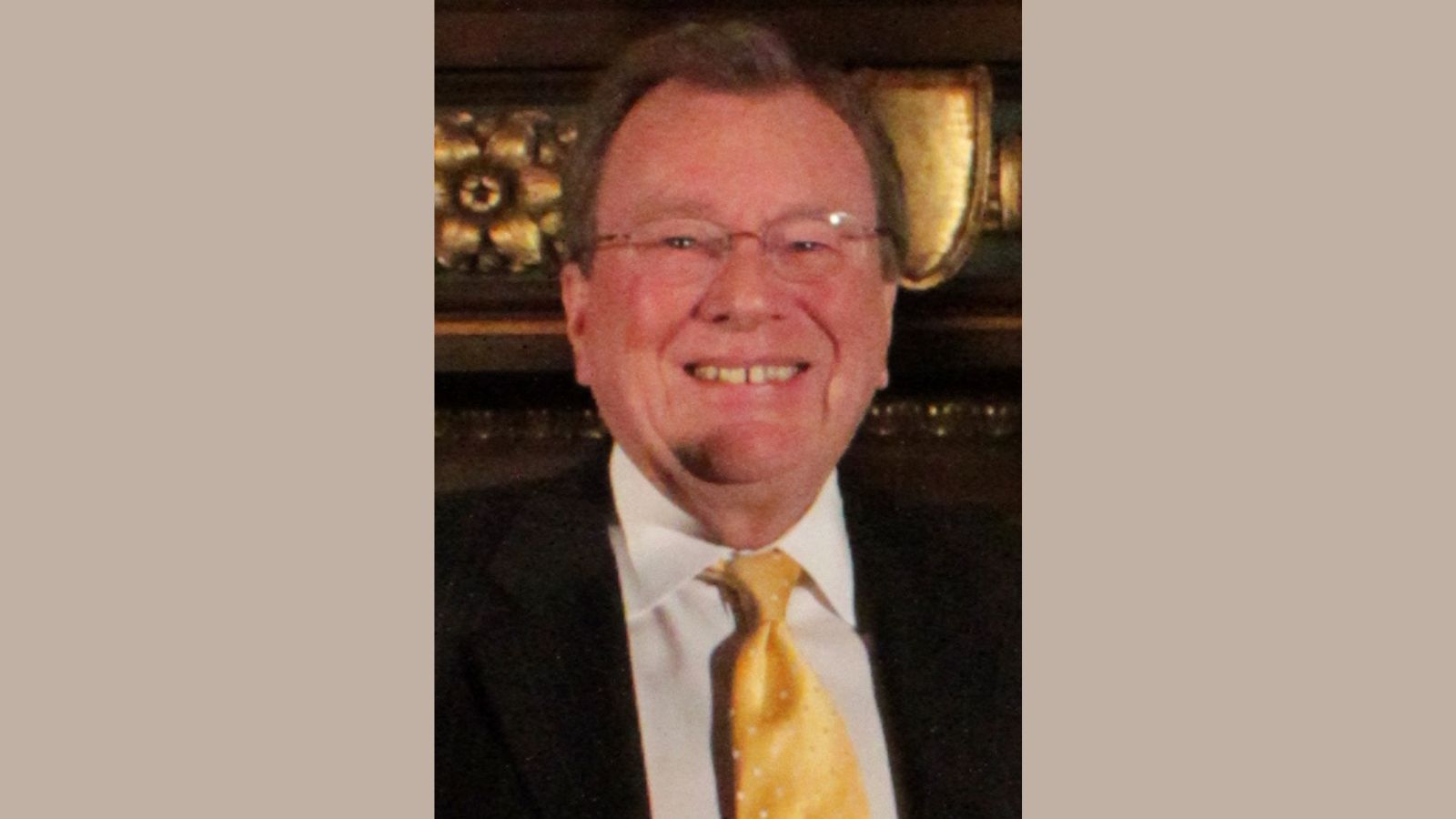
Editorial credit: Mark Dayton / Wikimedia Commons /CC BY 2.0
In 2007, Minnesota Senate President James Metzen encountered legal trouble for a 4th-degree DWI, caught while weaving on the road. Despite the seriousness of the offense, the subsequent legal outcome proved relatively lenient. Metzen received a sentence comprising 20 hours of community service, one year of probation, and a $300 fine. The circumstances surrounding this case prompt reflection on the adequacy of penalties for public figures involved in such incidents and their potential impact on public trust.
Mike Crapo
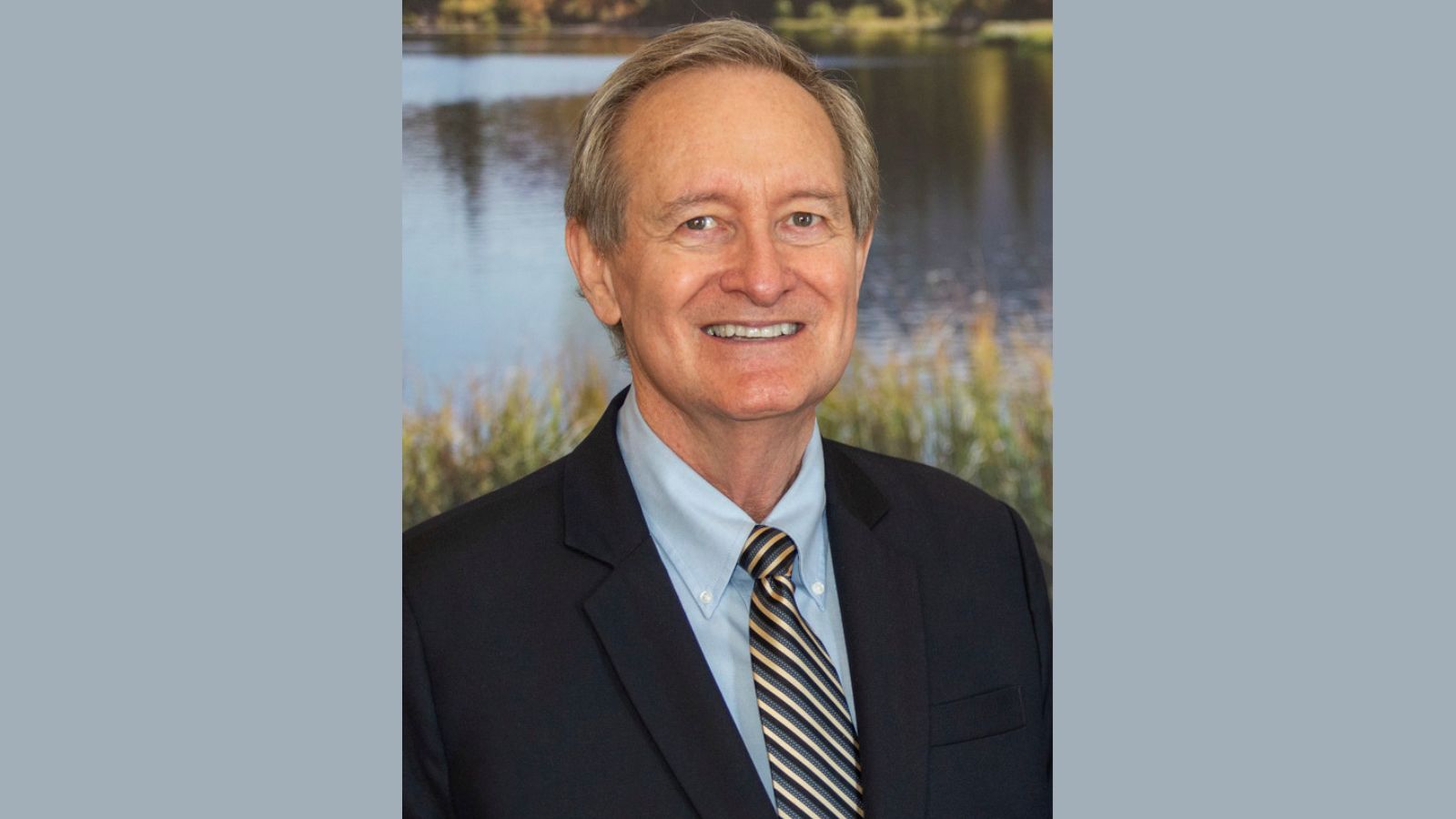
Editorial credit: U.S. Dept. of Housing and Urban Development (HUD) /Wikimedia Commons / Public Domain
On December 23, 2012, Senator Crapo was arrested in Virginia for DUI, running a red light. He failed sobriety tests, expressing regret and accepting responsibility. Despite prior claims of abstinence due to his Mormon faith, he pleaded guilty on January 4, 2013. Crapo received a $250 fine, underwent an alcohol safety course, and had a one-year license suspension. His 180-day jail sentence was suspended pending good behavior. Prosecutors dropped the traffic signal charge in exchange for the guilty plea, highlighting the complex aftermath of a public figure’s DUI arrest. Ballotpedia goes further into Crapo’s DUI.
Kevin Brady
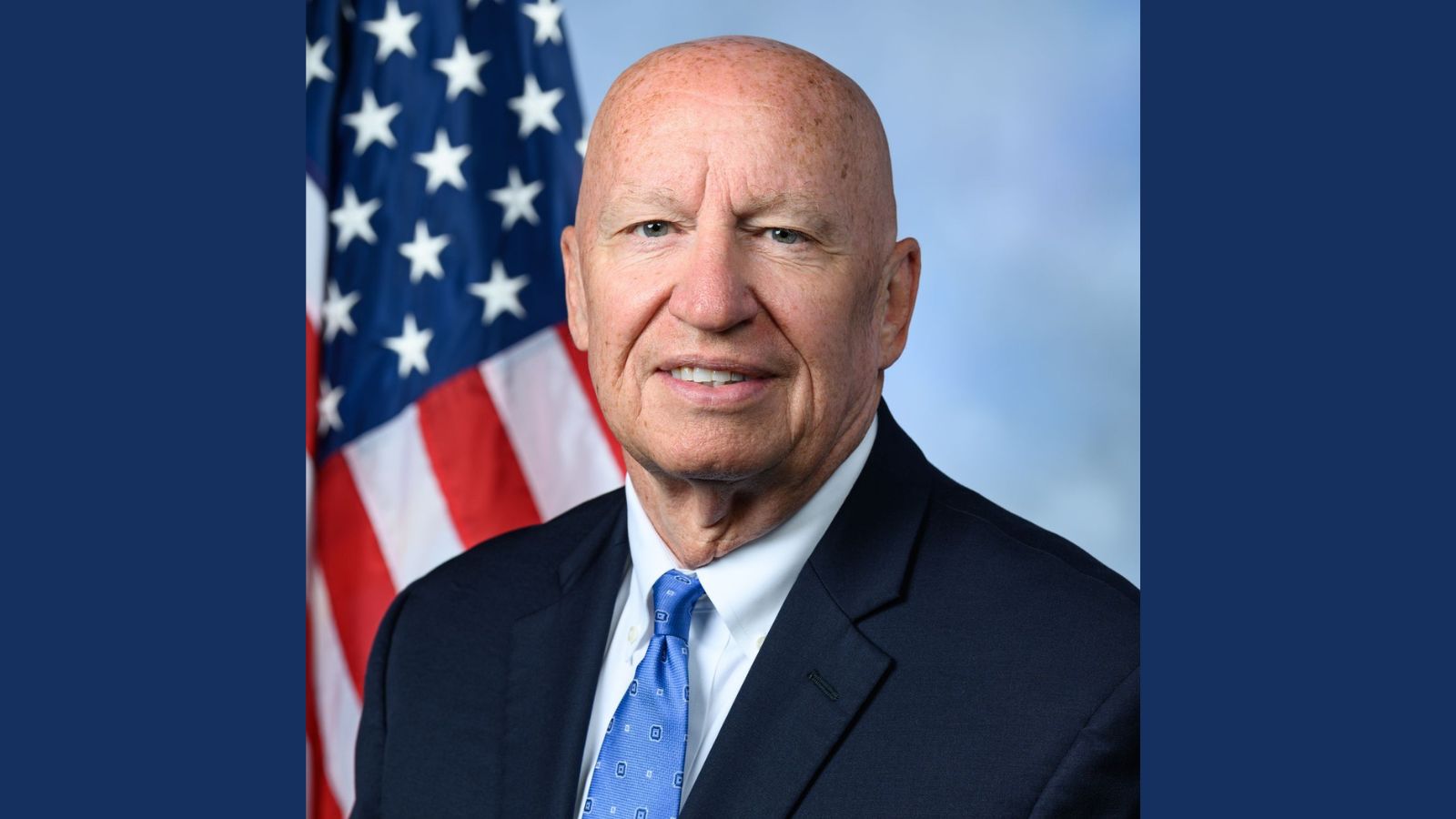
Editorial credit: House Creative Services /Wikimedia Commons / Public Domain
Despite an arrest for drunk driving in South Dakota in 2005, Kevin Brady, the Texas Congressman, resiliently clinched a landslide victory over his political opponent in the following year’s election. This unforeseen turn of events raises questions about the impact of personal conduct on political outcomes and the electorate’s willingness to overlook legal issues when making voting decisions. The ability of candidates to overcome such challenges underscores the complexities involved in the intersection of personal behavior and public perception in the political arena.
Lee Constantine

Editorial credit: State of Florida, Florida Senate /Wikimedia Commons / Public Domain
Lee Constantine, before assuming the role of State Senator in Florida, had a previous DUI conviction. Later, in 2004, he encountered another DUI incident where he opted not to submit to a breathalyzer test. This track record raises questions about the standards for public officeholders and their responsibility to maintain a clean record, especially concerning matters of public safety and adherence to the law. Such incidents underscore the need for scrutiny in evaluating the suitability of individuals for elected positions.
Despite advocating for traditional family values, often portraying ideal clean-cut lives during campaigns or supporting legislation against same-sex marriage, numerous politicians, including Presidents and Prime Ministers, have been involved in widely publicized situations that suggest improper conduct while in office. The exposure of such instances reveals the hypocrisy behind their professed values. Moreover, the misuse of political influence to compromise personal integrity adds controversy to these revelations, sparking concerns about the potential abuse of power within the political leadership.
Silvio Berlusconi
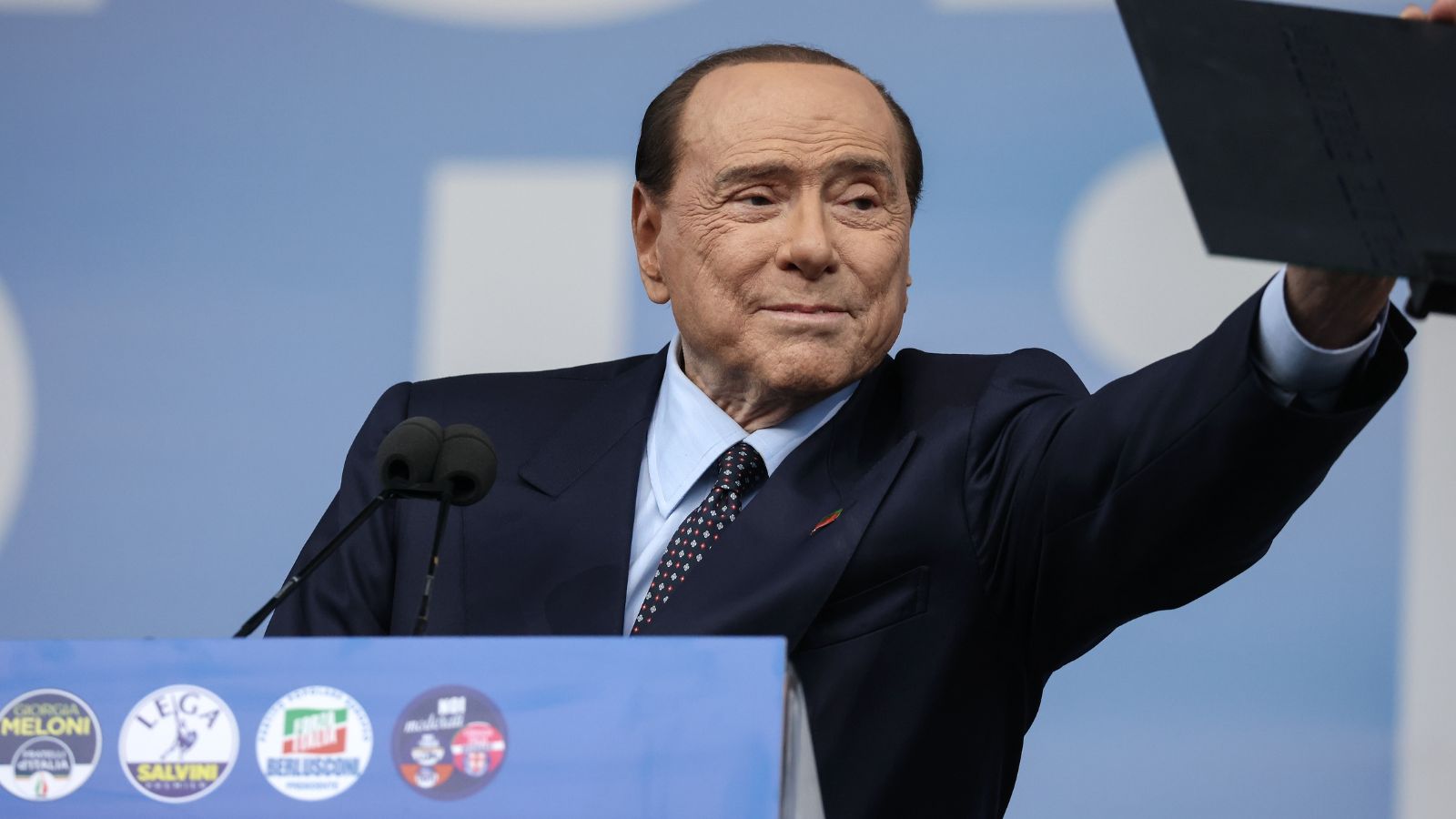
Editorial credit: Alessia Pierdomenico / Shutterstock.
The Italian Prime Minister Silvio Berlusconi grappled with various legal challenges, ranging from corruption to bribery allegations. Adding complexity to his legal woes was his involvement with Noemi Letizia, an 18-year-old model. Politico examines nine of Silvio Berlusconi’s most contentious moments, unraveling a complex tapestry of controversies that have marked his political career. The in-depth exploration sheds light on the intricacies of Berlusconi’s challenges and the impact of these pivotal moments on his political legacy.
John F. Kennedy
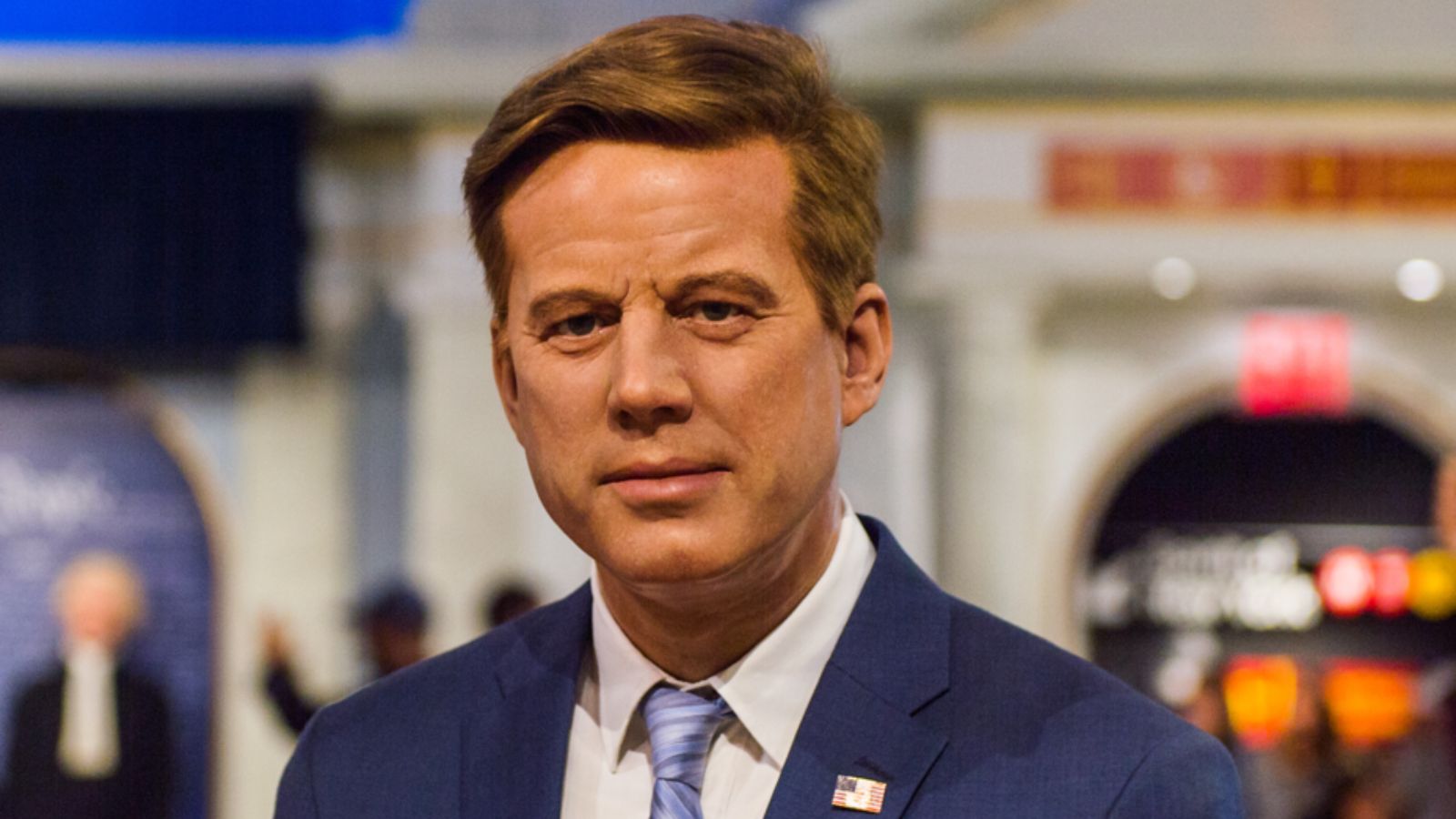
Editorial credit: Anton_Ivanov / Shutterstock.
Despite projecting an image of a relatable family man with his attractive family, President John F. Kennedy faced allegations of engaging in multiple affairs. One of the claimed liaisons involved movie star Marilyn Monroe. NBC Boston delves into the details surrounding the purported affair between JFK and Marilyn Monroe.
Antonio Villaraigosa
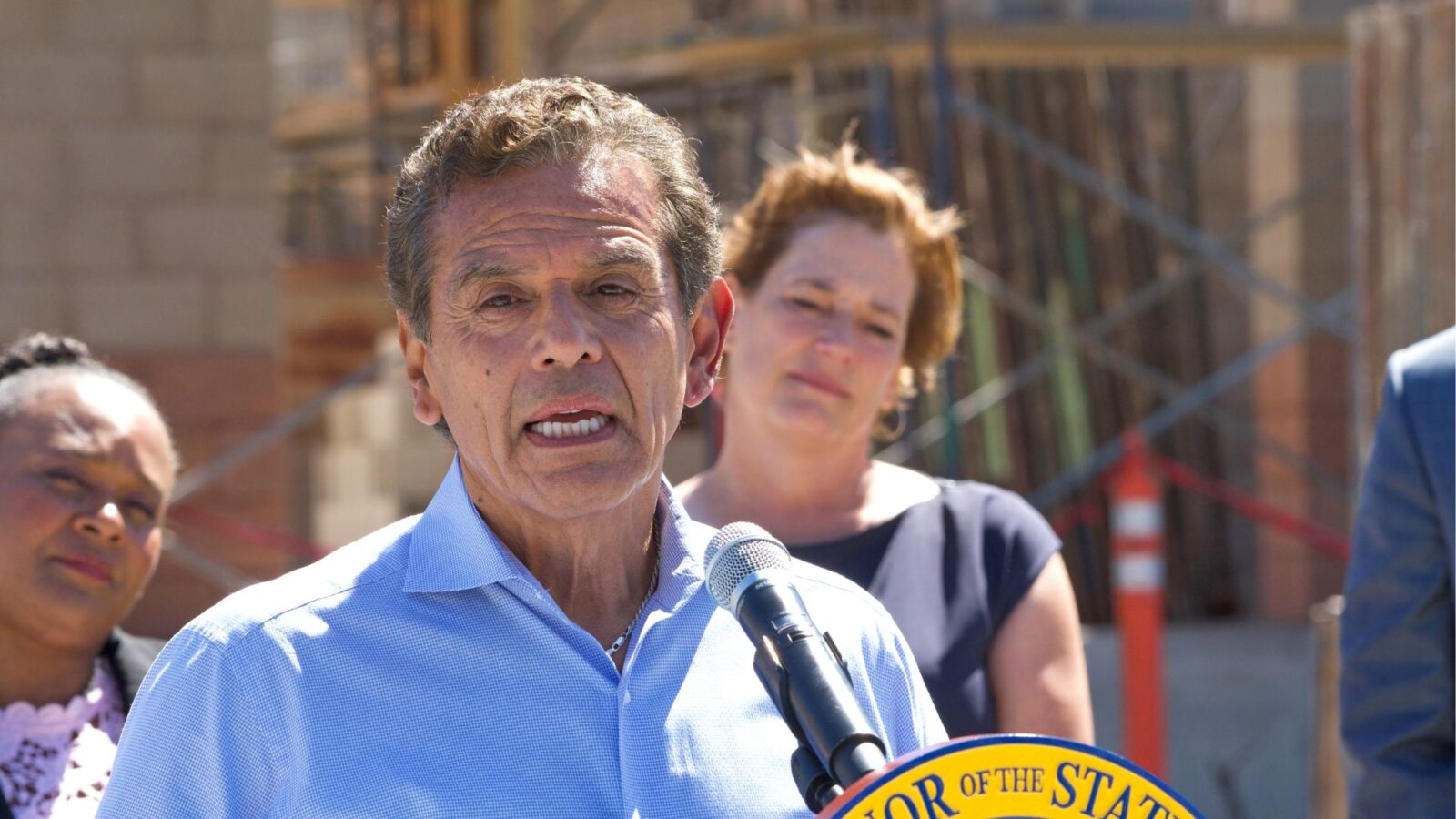
Editorial credit: Sheila Fitzgerald/Shutterstock
Los Angeles Mayor Antonio Villaraigosa, esteemed as one of the nation’s 25 most influential Latinos with a respected voice on crucial issues, experienced a notable decline in public regard. This shift occurred when he openly admitted to an extramarital affair with Telemundo newscaster Mirthala Salinas. The revelation not only tarnished his reputation but also prompted scrutiny regarding his personal conduct, leading to a reassessment of the respect he had garnered for his influence and opinions on significant national issues.
Gavin Newsom
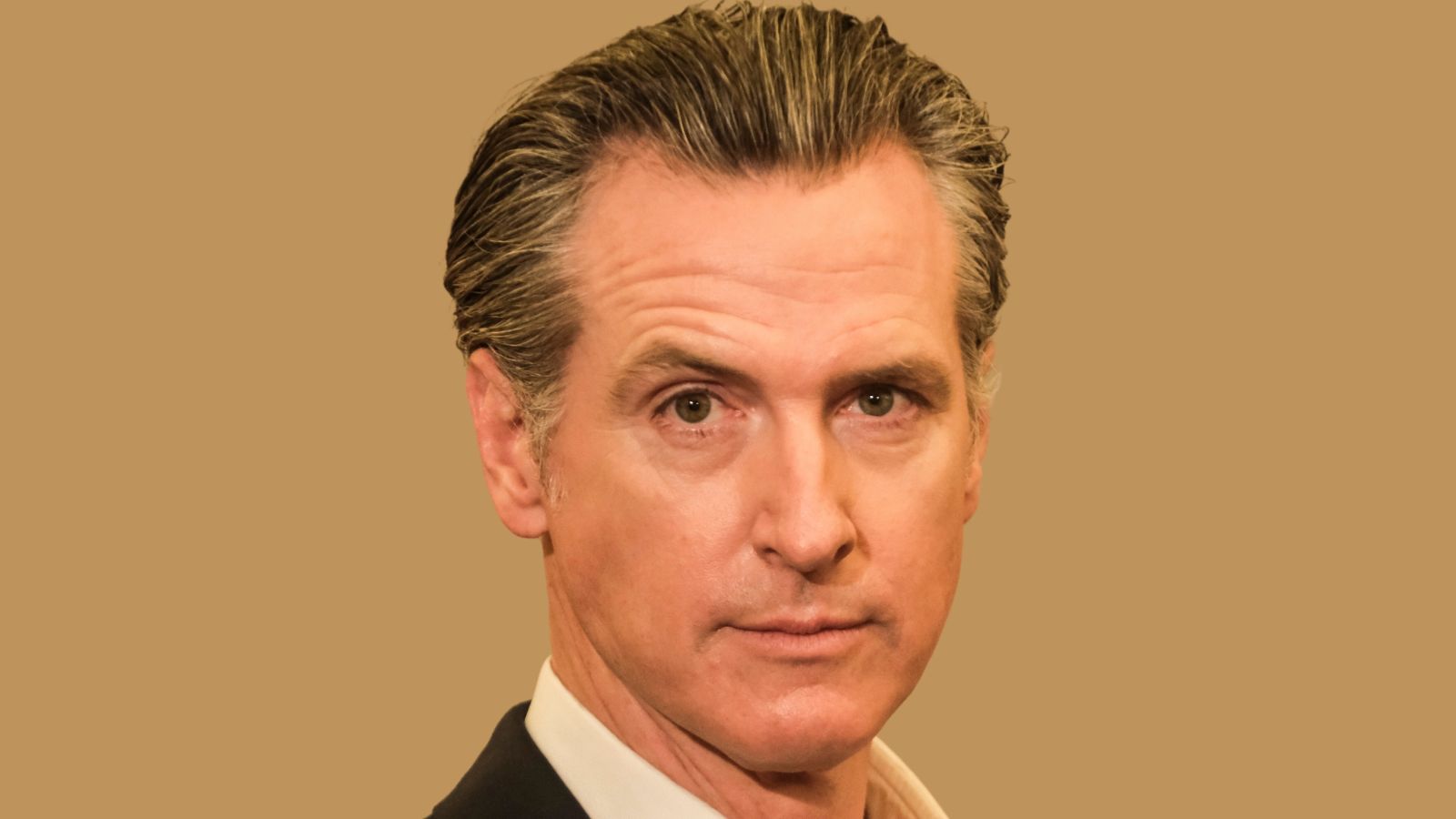
Editorial credit: Ringo Chiu / Shutterstock.
Former Mayor of San Francisco and California’s Lieutenant Governor, Gavin Newsom, gained favor for his compassionate stance on homelessness and support for gay marriage. However, his standing took a downturn following revelations of an affair with a colleague’s wife. This disclosure raised questions about his personal choices and introduced a challenging dynamic into his public image. Newsom faced the repercussions of this private matter, prompting a reevaluation of his popularity and political standing.
John Edwards
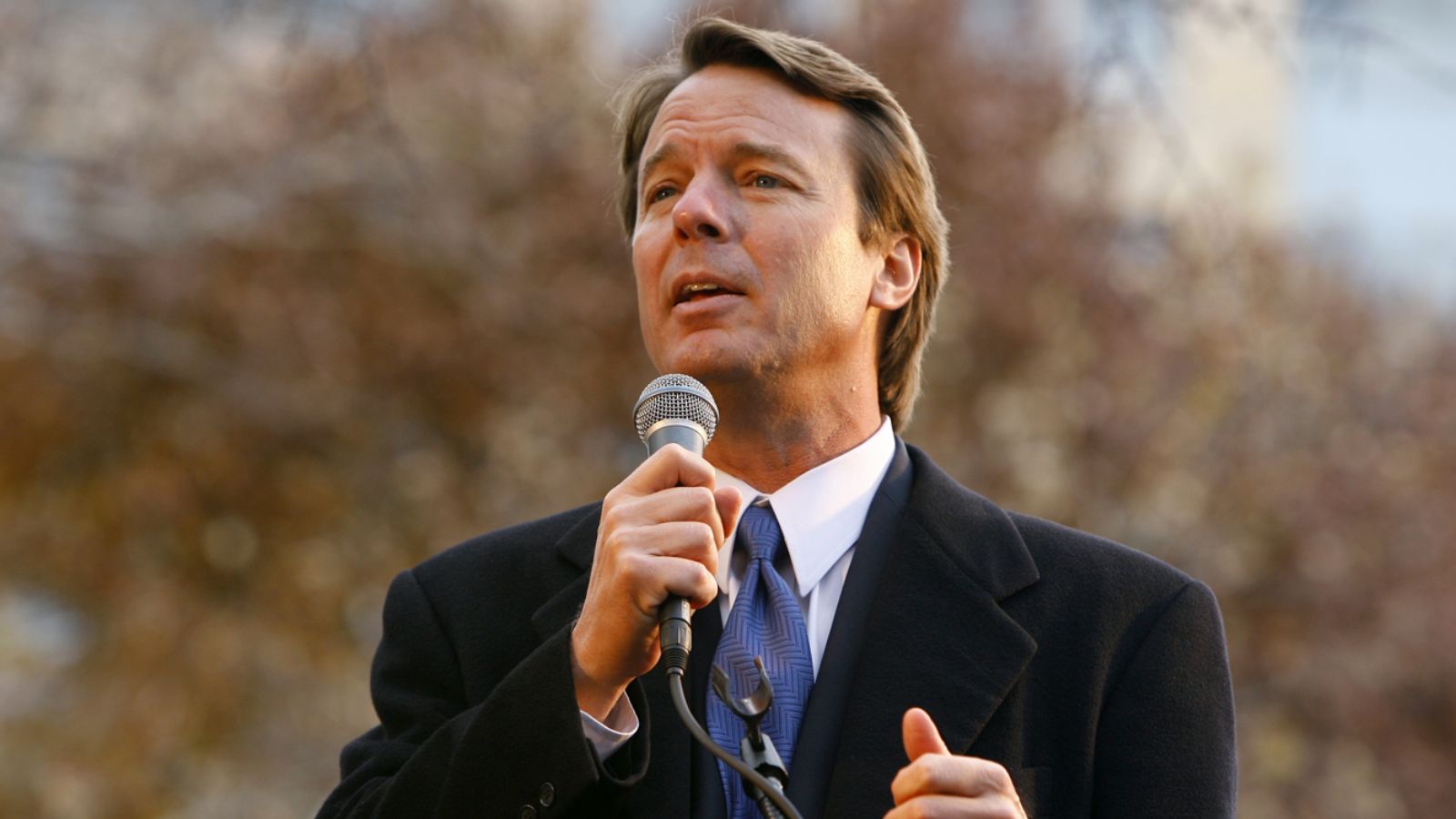
Editorial credit: stocklight / Shutterstock.
Making headlines nationally, John Edwards, the senator from North Carolina, admitted to an extramarital affair. At the same time, his wife, Elizabeth Edwards, battled cancer. Tragically, Elizabeth passed away before their divorce could be finalized. Complicating matters further, Edwards acknowledged fathering a child with his mistress, adding a layer of personal turmoil to his public image.
Kwame Kilpatrick

Editorial credit: Patricia Marks / Shutterstock.
Kwame Kilpatrick, once Michigan State Representative and Mayor of Detroit, faced public ridicule for his affair with former aide Christine Beatty. However, his personal scandals were overshadowed when, a few years later, he received convictions on multiple corruption charges, resulting in a substantial 28-year prison sentence.
Mark Sanford
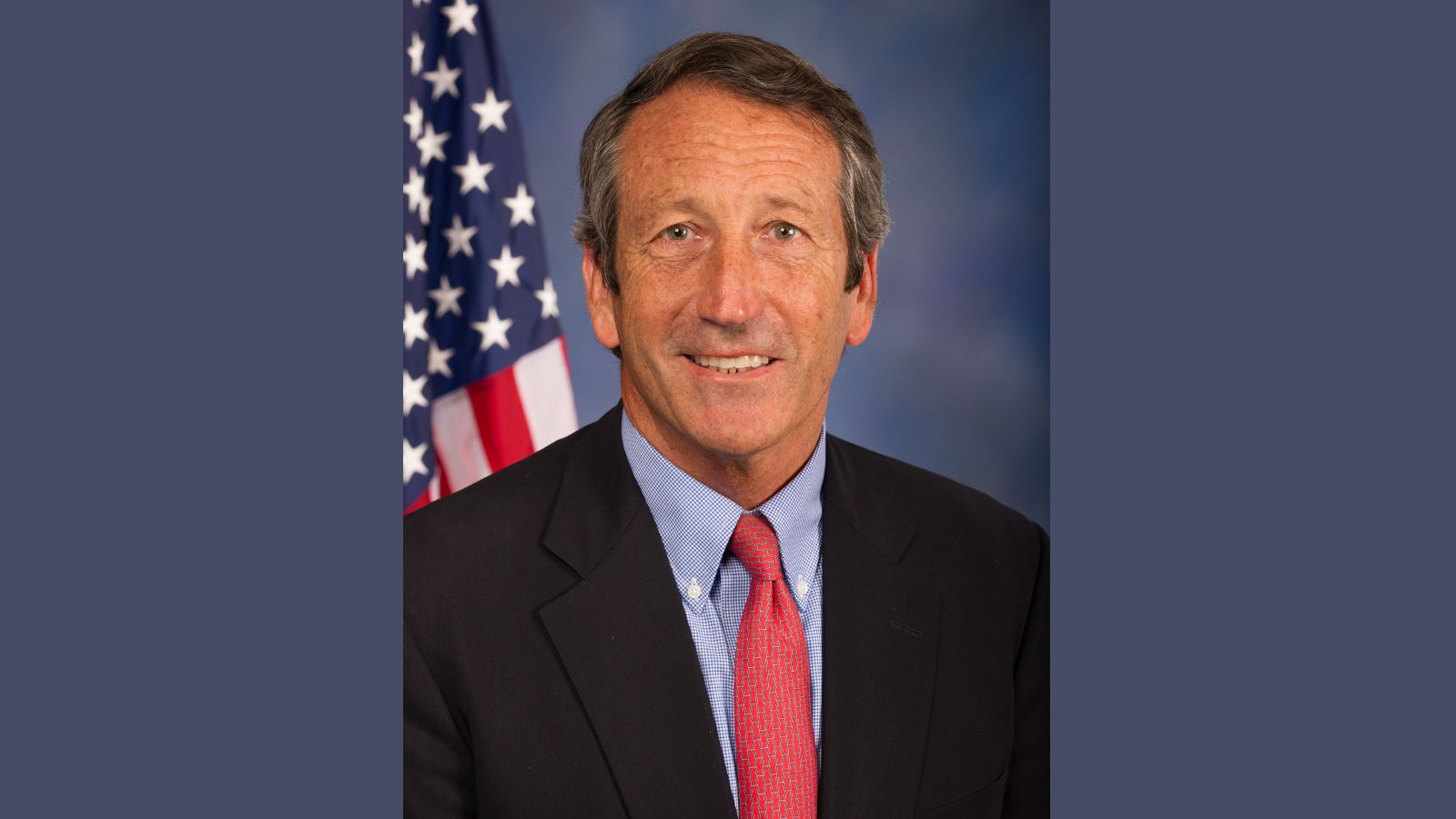
Editorial credit: US Government (Army) /Wikimedia Commons / Public Domain
Following the revelation of an extramarital affair with an Argentine woman, South Carolina Governor Mark Sanford resigned from his role in the Republican Governors Association. The scandal deepened as Sanford disappeared for four days, leading to his impeachment and subsequent censure. This sequence of events marked a significant downfall in Sanford’s political career, raising questions about his ability to uphold the responsibilities of his position amid personal controversies.
John Ensign
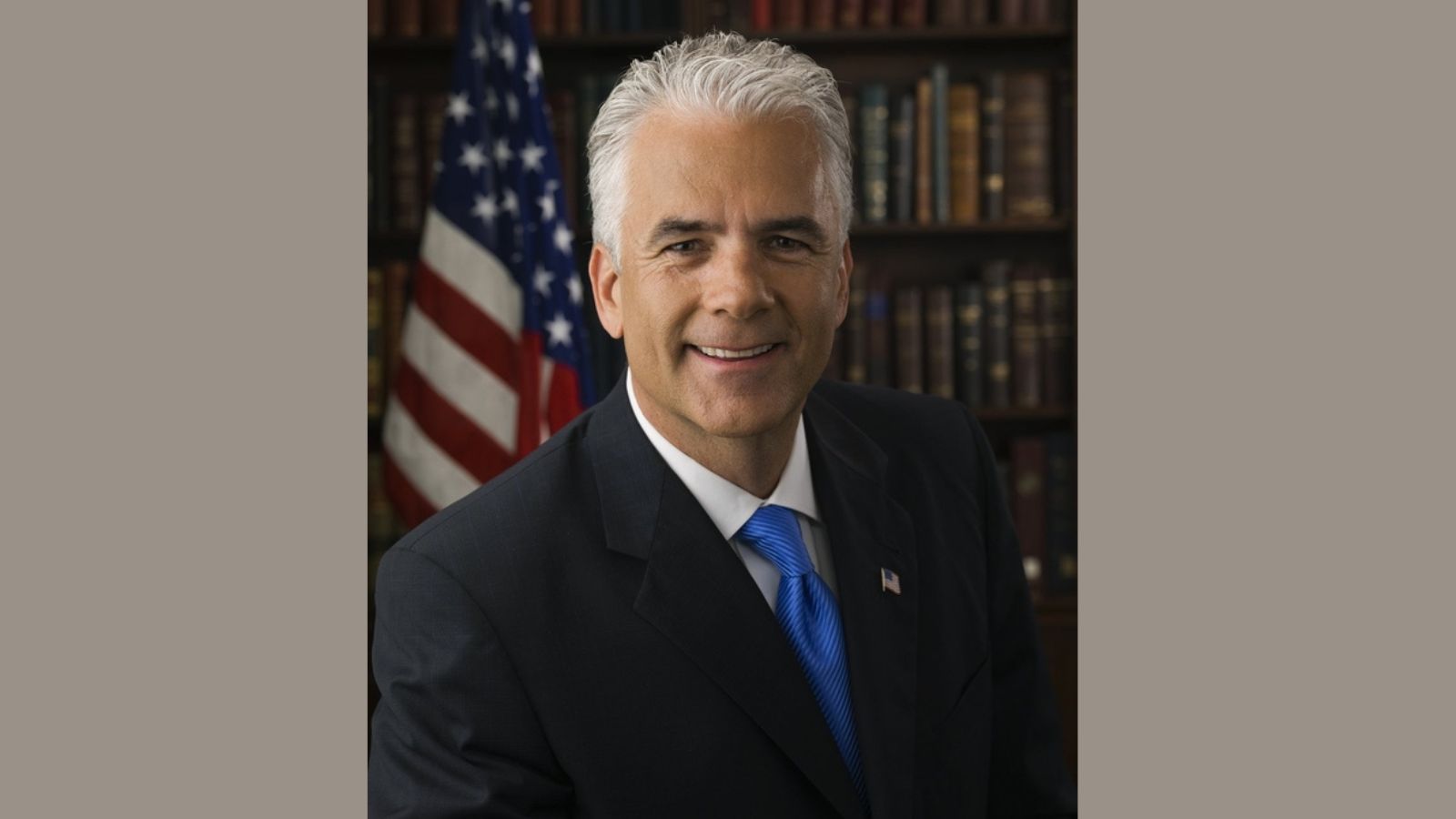
Editorial credit: United States Senate /Wikimedia Commons / Public Domain
The Nevada Senator voiced adamant opinions on marriage’s sanctity, urging Clinton’s resignation over a cheating scandal and supporting legislation against same-sex marriage. Paradoxically, Ensign, a vocal advocate, exploited his political power to suppress media coverage of his extramarital affair. Eventually, he resigned from office in 2011, marking a stark contrast between his public stances and personal actions and prompting scrutiny of the integrity of his political representation.
Eliot Spitzer
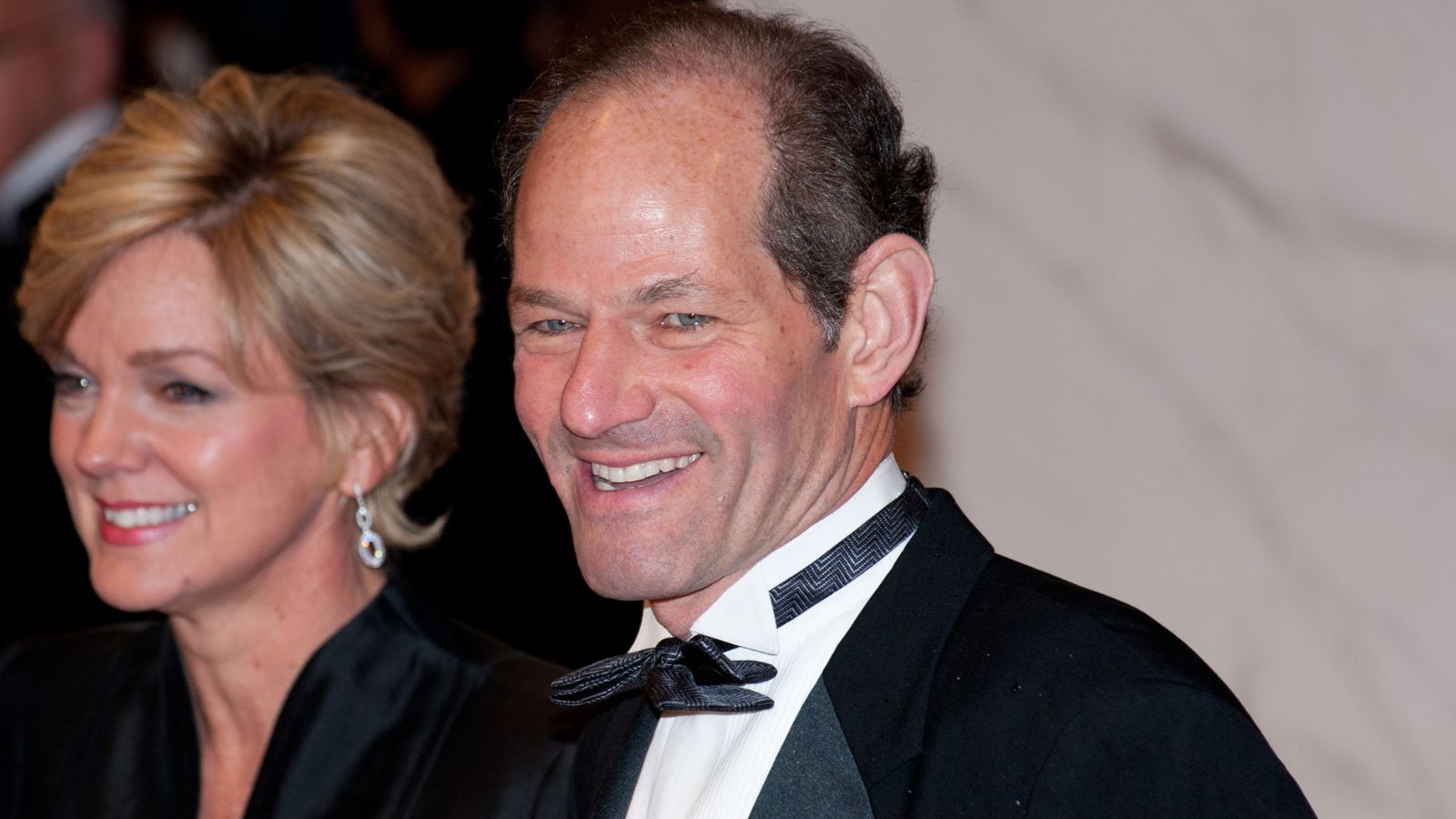
Editorial credit: Rena Schild / Shutterstock.
Eliot Spitzer’s connection to a prostitution ring marked a significant scandal, prompting his resignation from the Governor’s position in disgrace despite being married. A notable aspect of the aftermath was his decision, along with his wife Silda, to remain together despite the public fallout. This event cast a shadow over Spitzer’s political career. It introduced complexities into his personal life, navigating the challenges of preserving a marriage amidst the repercussions of a widely publicized scandal.
Bill Clinton

Editorial credit: Anthony Correia / Shutterstock.
While campaigning for the presidency, Bill Clinton prominently showcased his wife and daughter, emphasizing his commitment to family values. Nevertheless, his fidelity was compromised when his highly publicized affair with Monica Lewinsky surfaced, causing significant media attention. CNN extensively details the pivotal moments surrounding this affair, shedding light on the events that unfolded during that challenging period.
Rudy Giuliani

Editorial credit: paparazzza / Shutterstock.
Rudy Giuliani, the former Mayor of New York and Presidential candidate earned the title of Person of the Year in 2001 for his rebuilding of New York after the 9/11 attacks. Despite this accolade, his image was tarnished due to personal scandals. Gossip surrounding multiple affairs during his tenure circulated, culminating in Giuliani marrying his mistress shortly after divorcing his second wife. This sequence of individual events introduced complexities and controversies into Giuliani’s public persona.
Lyndon B. Johnson
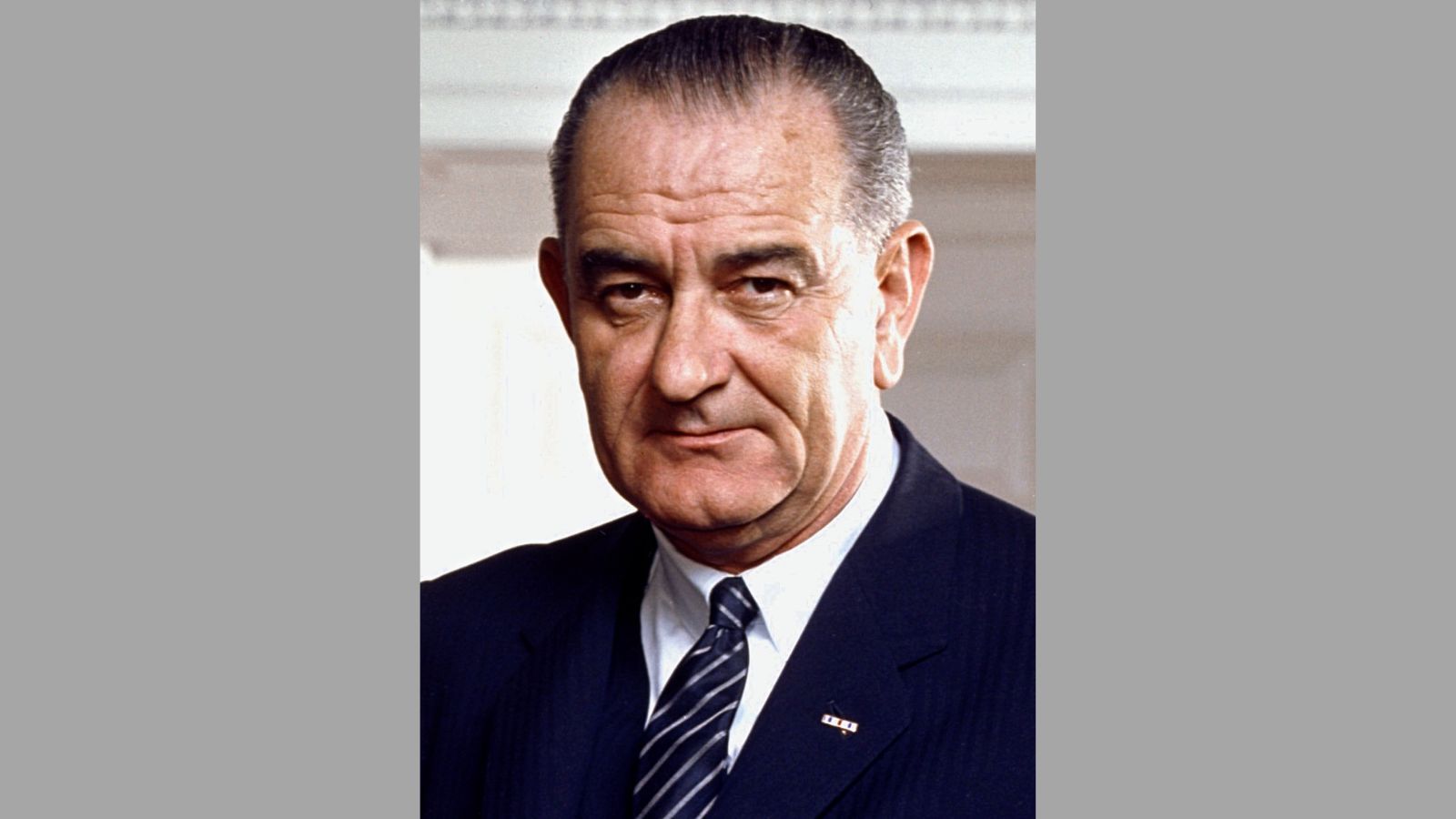
Editorial credit: Arnold Newman /Wikimedia Commons / Public Domain
A crucial lesson eluded President Lyndon B Johnson—secrecy in affairs demands contentment of one’s mistress. Madeline Brown, claiming an alleged affair with Johnson, asserted her son was his child. She went beyond personal revelations, implicating Johnson in a conspiracy related to President Kennedy’s assassination. This intricate web of allegations adds a layer of complexity to Johnson’s legacy, raising questions about personal conduct and potential involvement in historical events.
Jim McGreevey
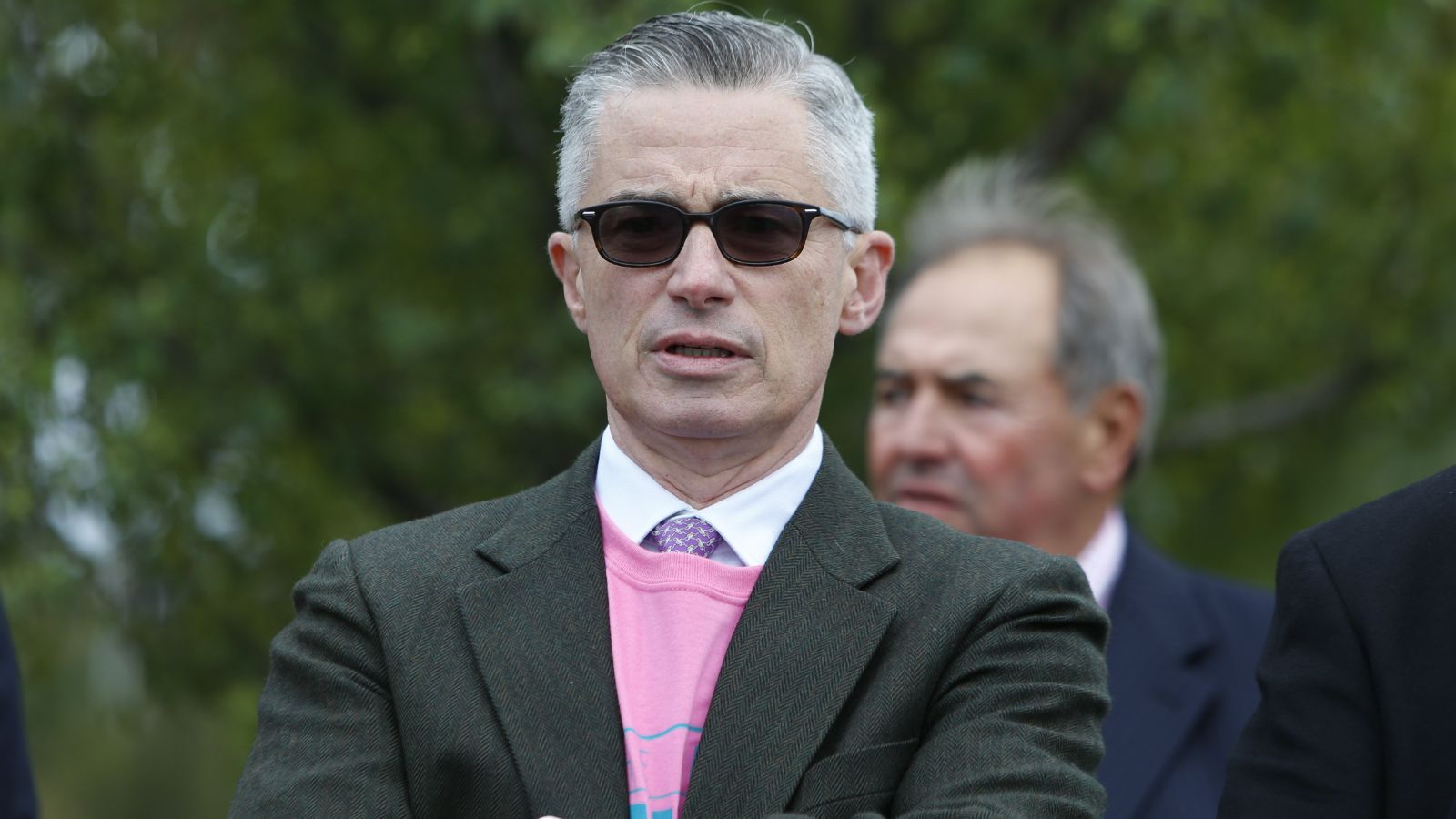
Editorial credit: a katz / Shutterstock.
In a significant turn of events in 2004, New Jersey Governor Jim McGreevey, previously married to Dina Matos for seven years, publicly confessed to an extramarital affair with another man during a press conference. This revelation, impactful and fraught with consequences, eventually led to McGreevey filing for divorce three years later. Acknowledging his actions highlighted the complexities of his personal life intersecting with public service, shaping the narrative of his political and marital journey.
Dwight D. Eisenhower

Editorial credit: Prachaya Roekdeethaweesab/Shutterstock.
Claims suggest that President Dwight D. Eisenhower engaged in an extramarital affair with his secretary, Kay Summersby. Doubts surround the validity of this affair as it is detailed in Summersby’s book, “Past Forgetting: My Love Affair with Dwight D. Eisenhower.” The publication, ghostwritten during Summersby’s battle with cancer and after Eisenhower’s demise, fuels skepticism about the authenticity of the alleged relationship.
Newt Gingrich

Editorial credit: Christopher Halloran / Shutterstock.
Newt Gingrich, a vocal advocate of conservative family values within the Republican party, faced scrutiny for extramarital affairs with both his first and second wives. Notably, he married the women involved in these affairs. This contradiction raises questions about the sincerity of his proclaimed values. It introduces complexities to his personal life that may influence public perceptions of his political standing.
Terrifying Prospects: 12 Moves Trump Could Unleash If Re-elected in 2024

Editorial credit: lev radin / Shutterstock.
Terrifying Prospects: 12 Moves Trump Could Unleash If Re-elected in 2024
21 Things MAGA Followers Permanently Destroyed For Everyone Else

Editorial credit: Christian David Cooksey / Shutterstock.
21 Things MAGA Followers Permanently Destroyed For Everyone Else
America’s 15 Most Miserable States Revealed: Data Shows Places You Don’t Want to Live

Image Credit: Shutterstock.
America’s 15 Most Miserable States Revealed: Data Shows Places You Don’t Want to Live
12 Ways the World Suffered from Trump’s Reckless Moves

Editorial credit:Evan El-Amin / Shutterstock.
12 Ways the World Suffered from Trump’s Reckless Moves
Trump’s Hit List: 18 Brands That Incited the Wrath of the Former President

Editorial credit: Joseph Sohm / Shutterstock.
Trump’s Hit List: 18 Brands That Incited the Wrath of the Former President